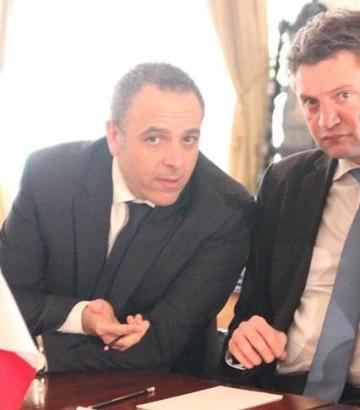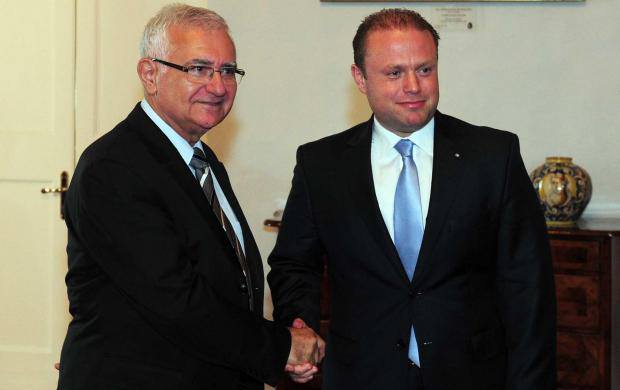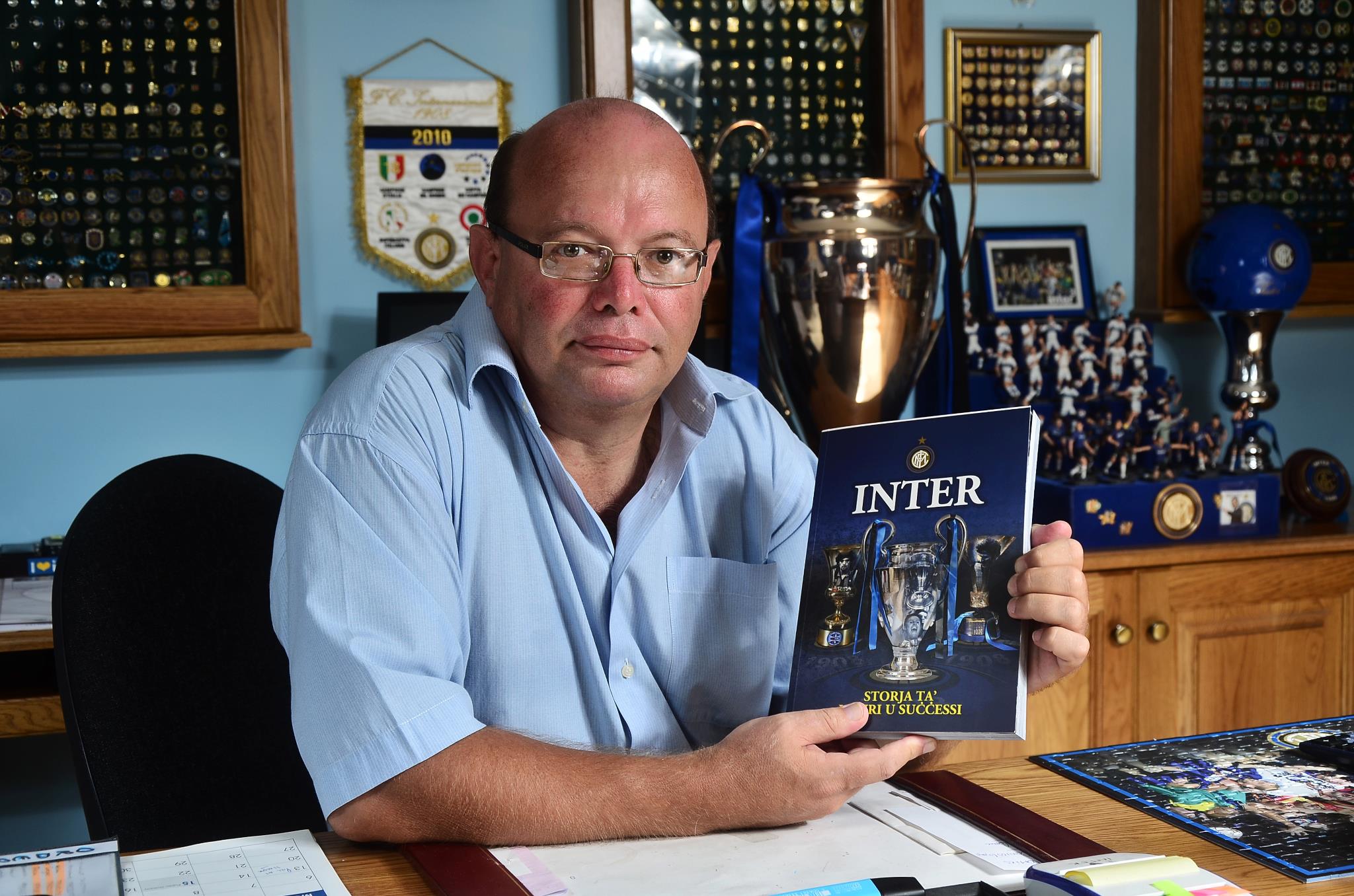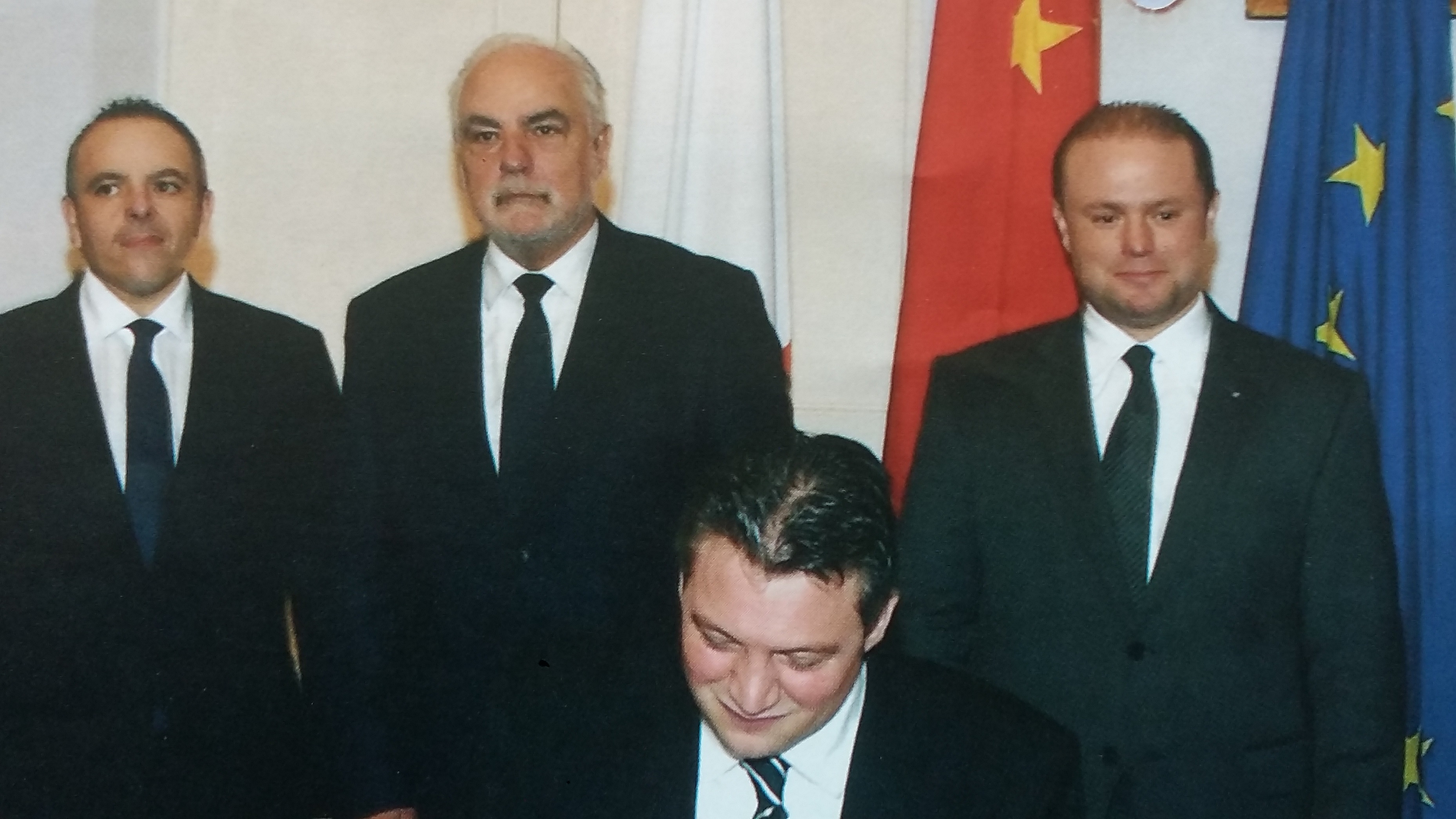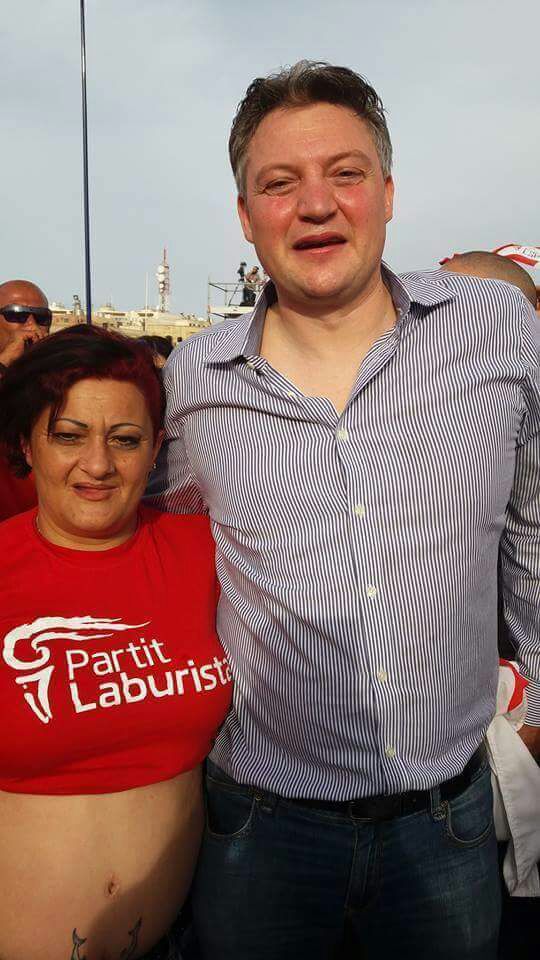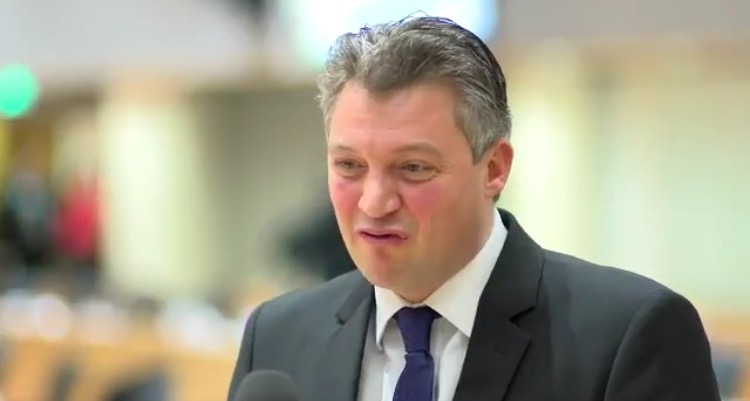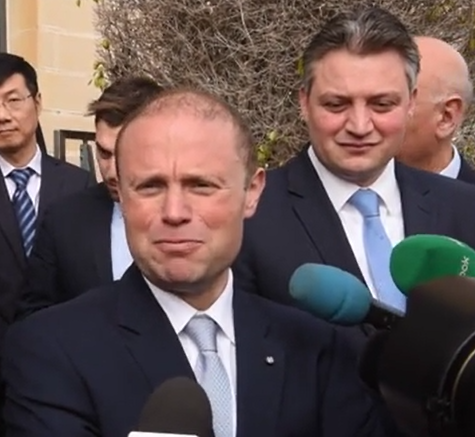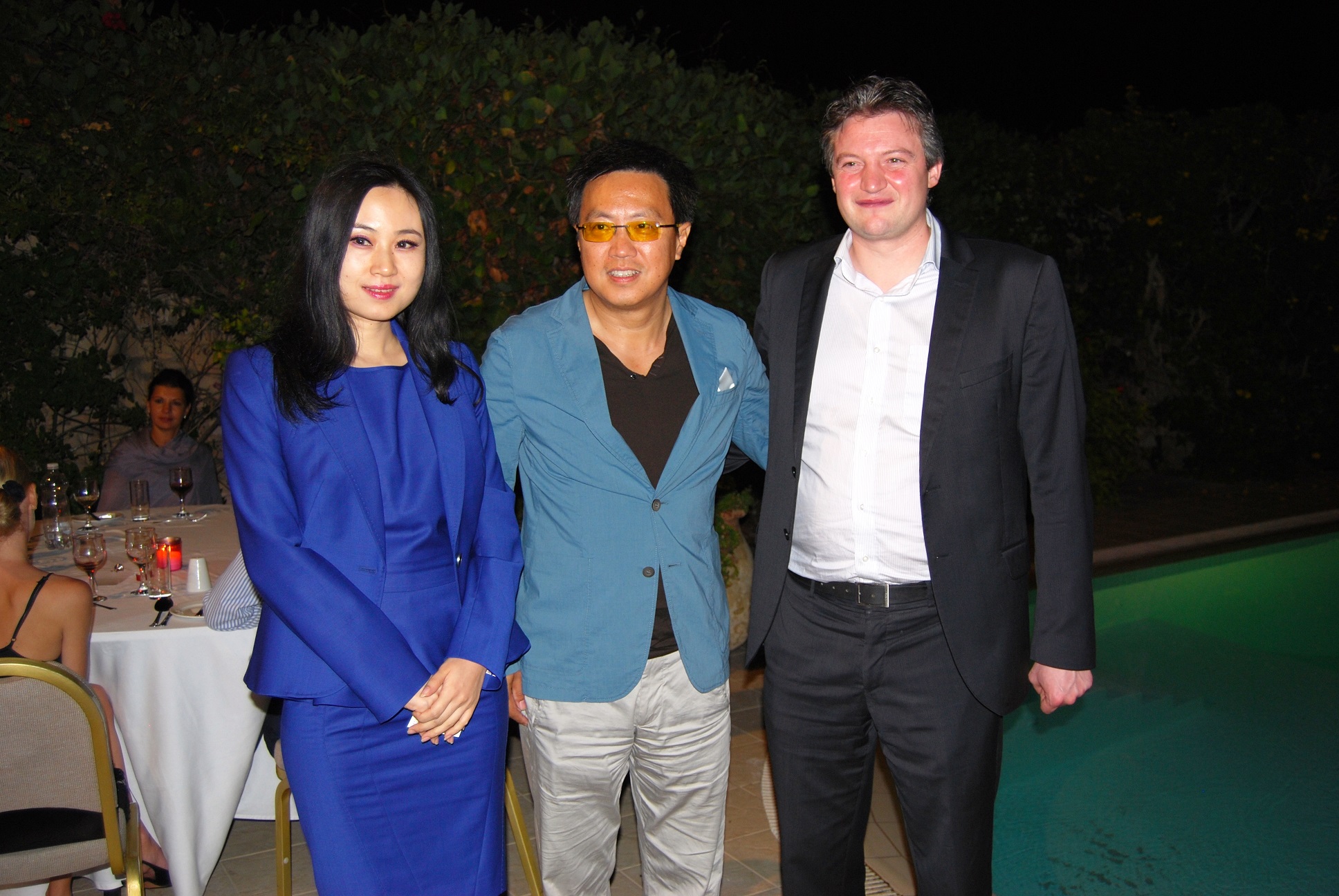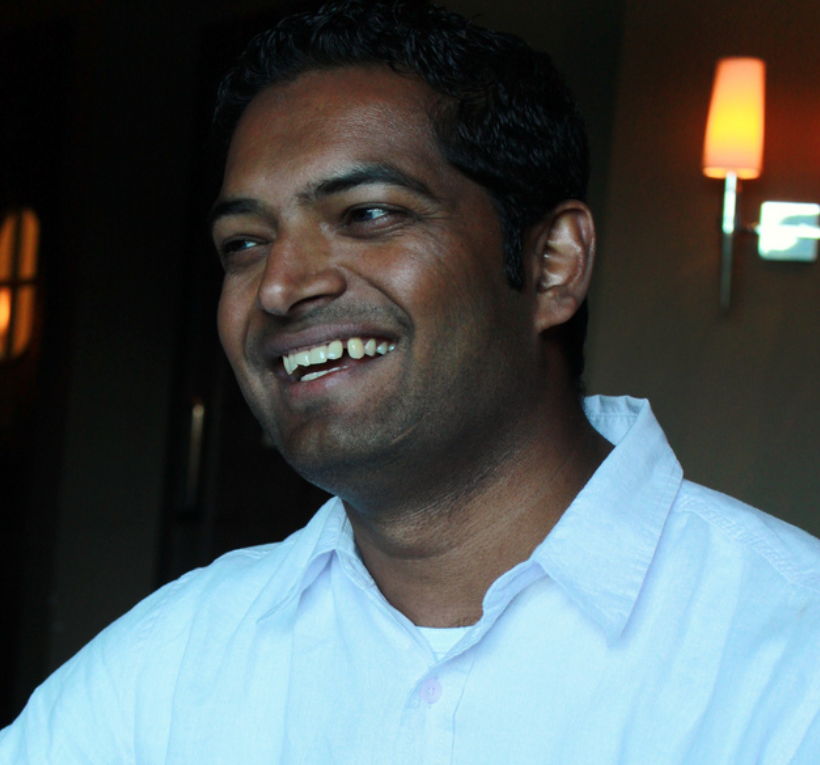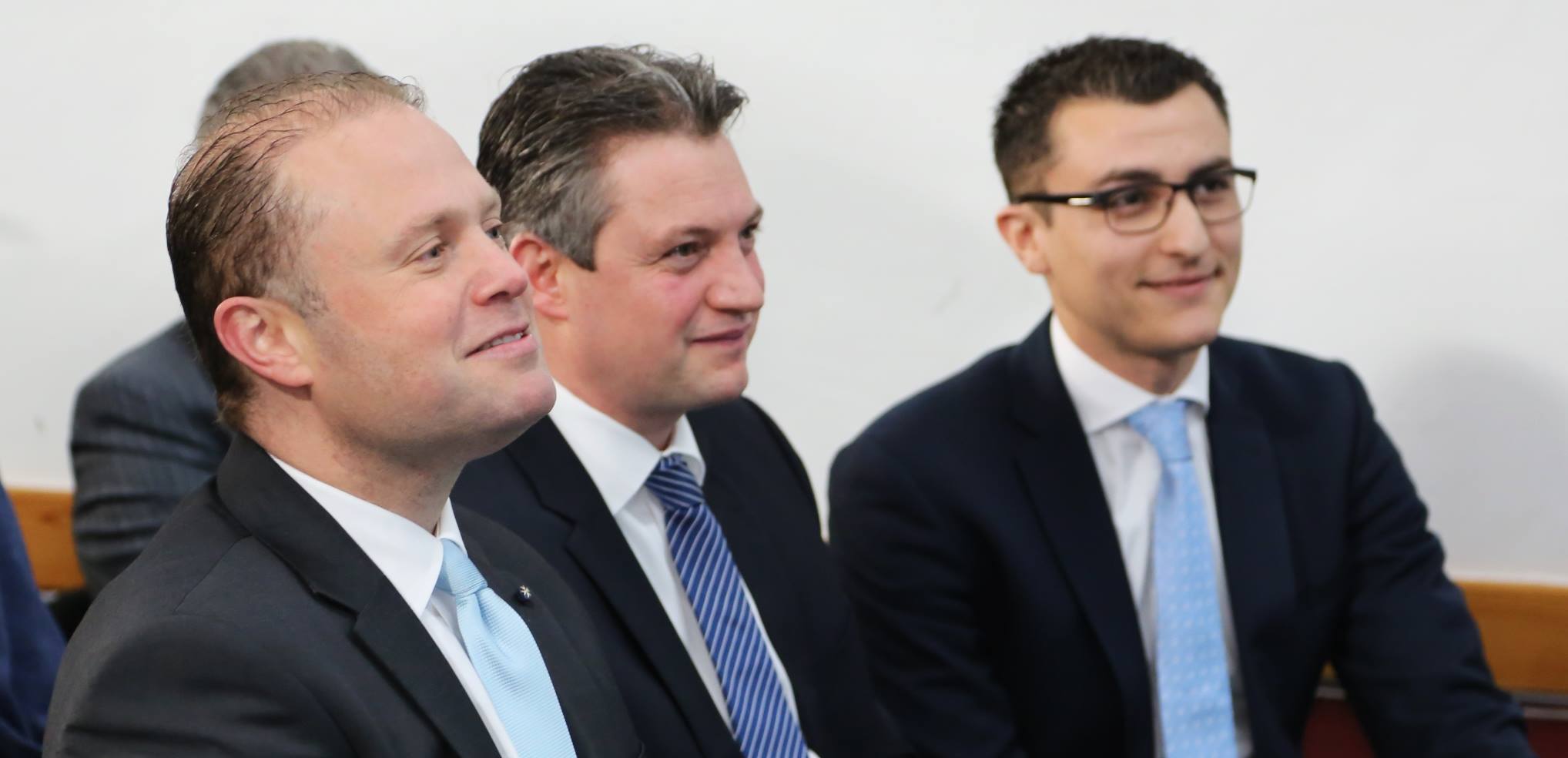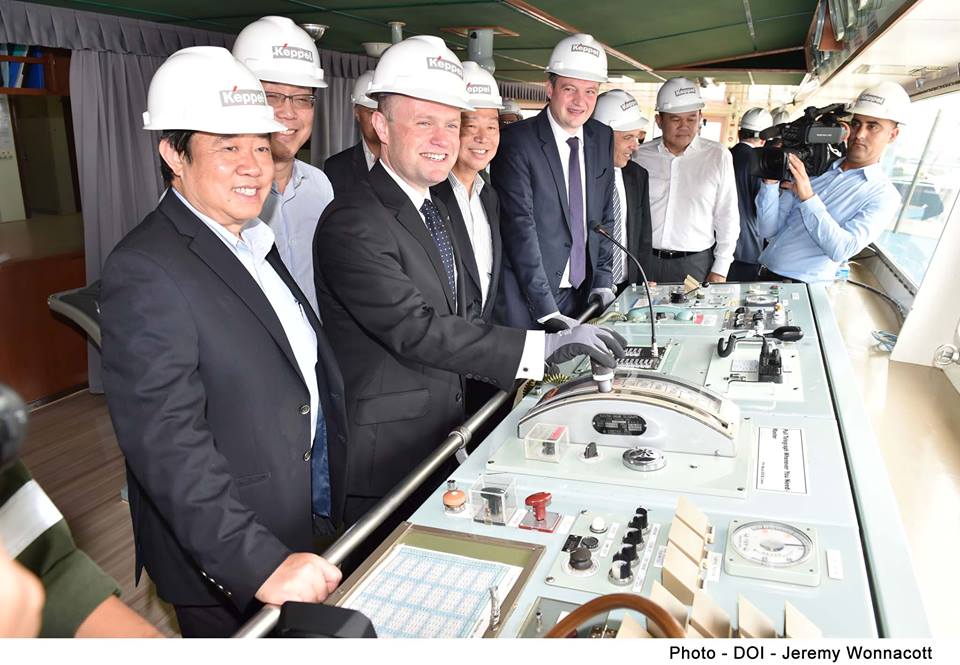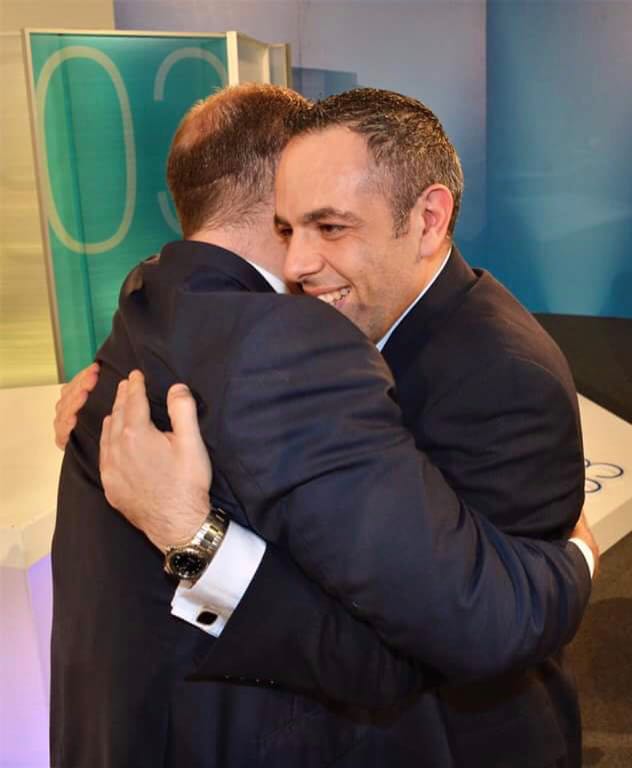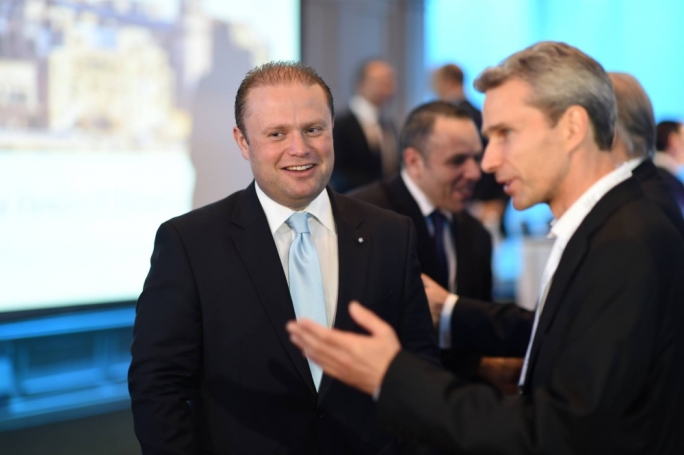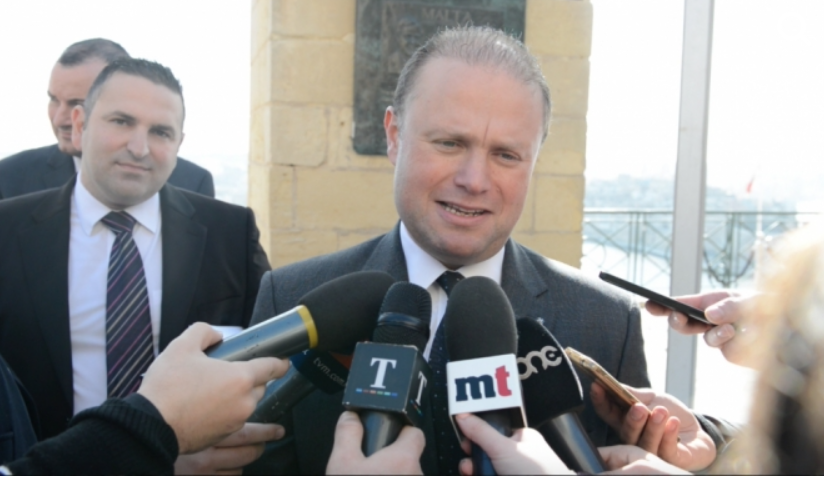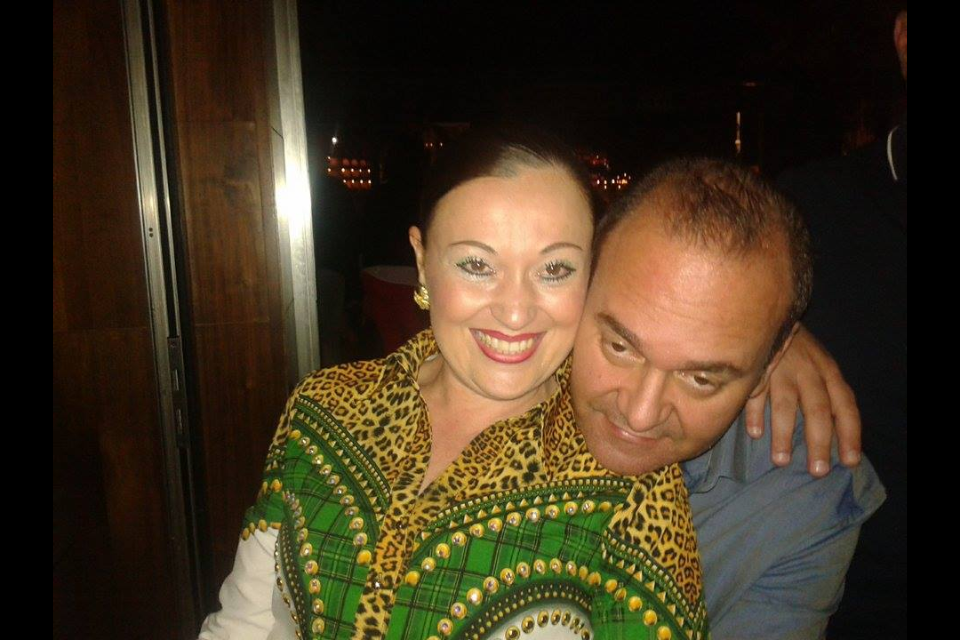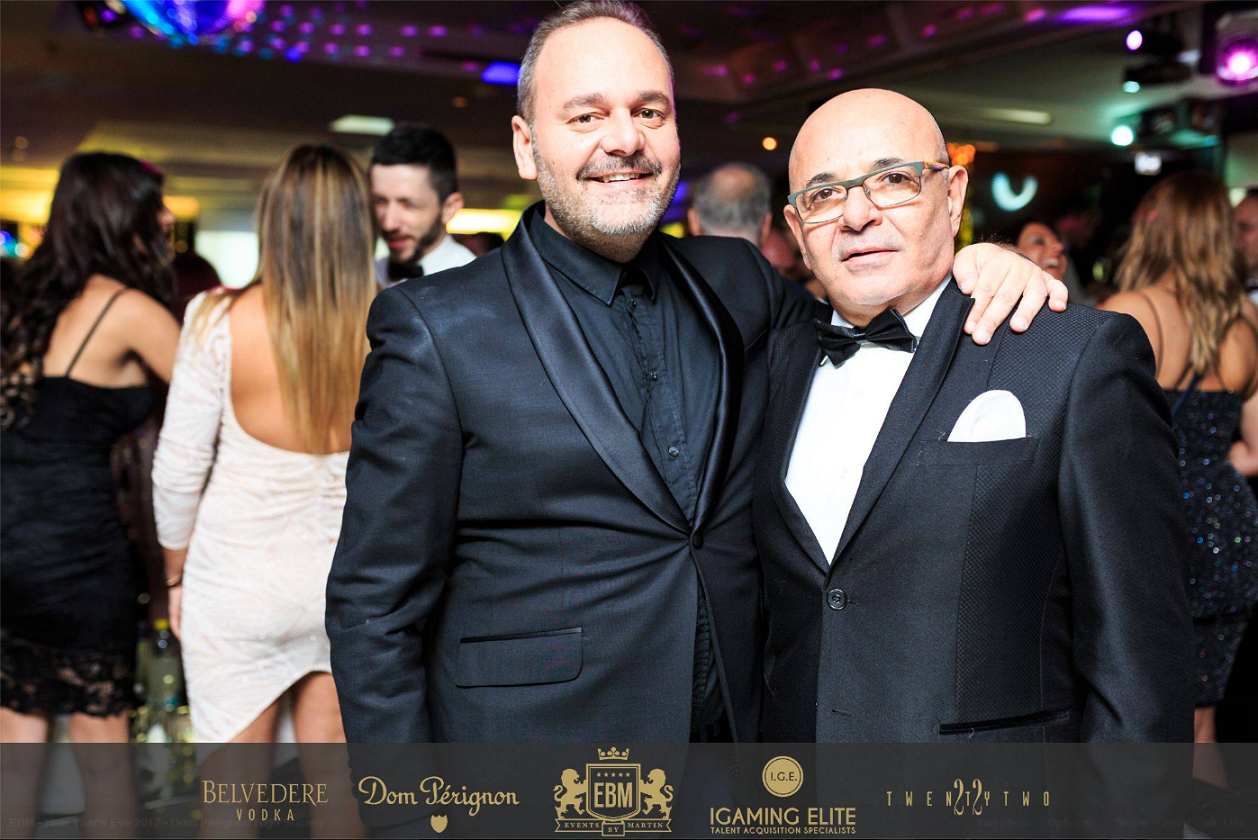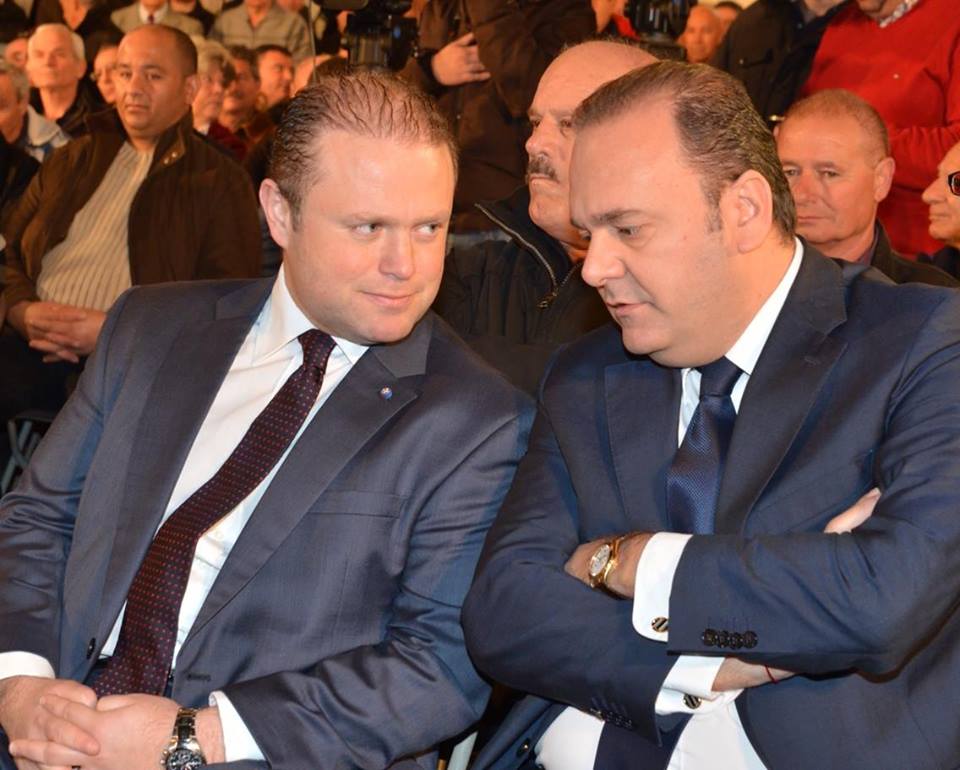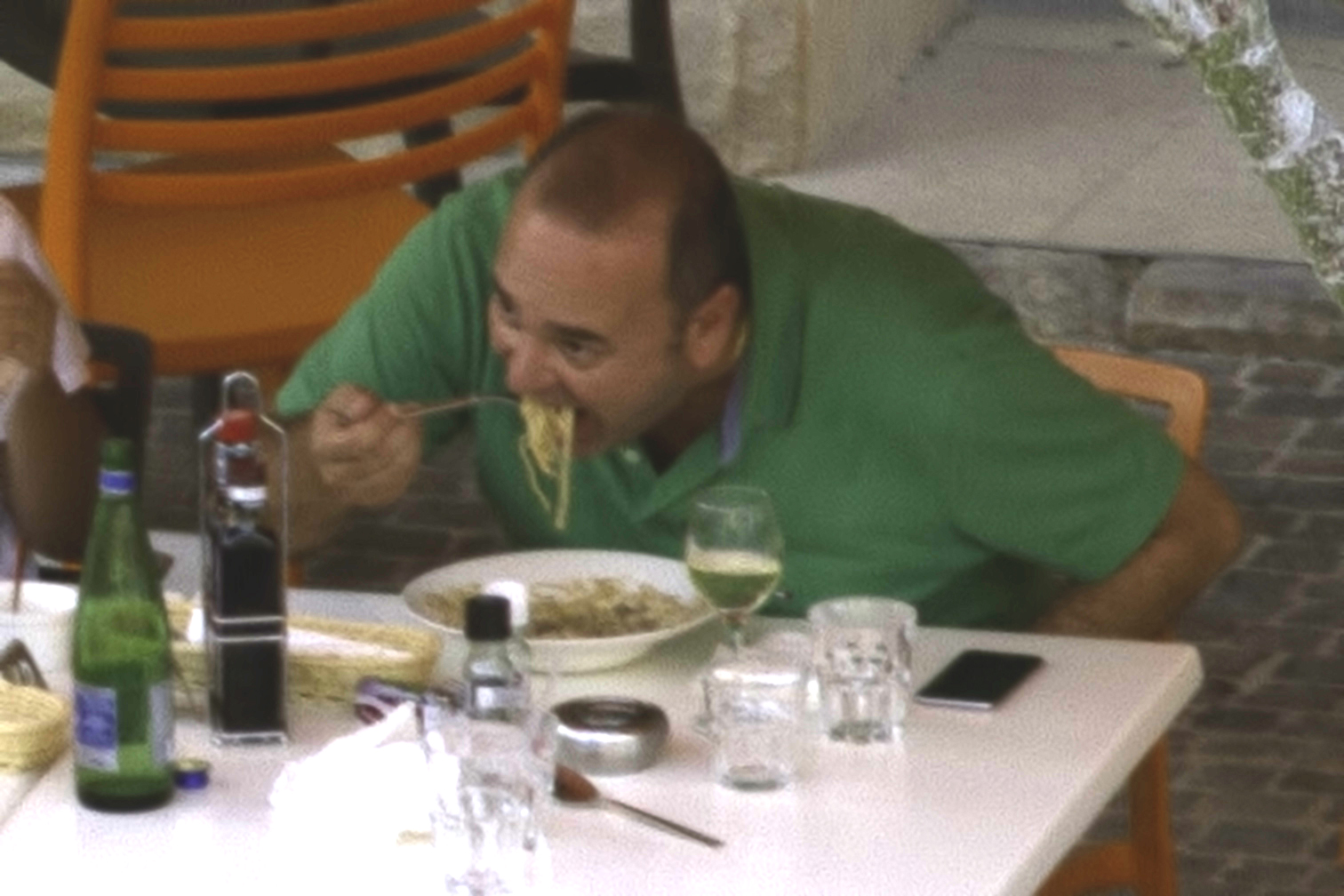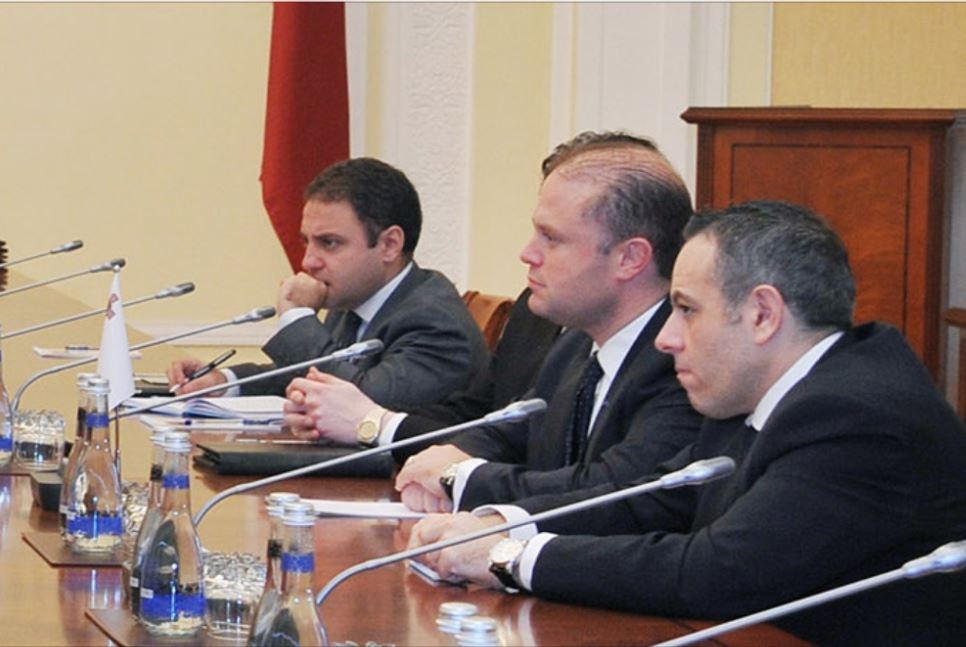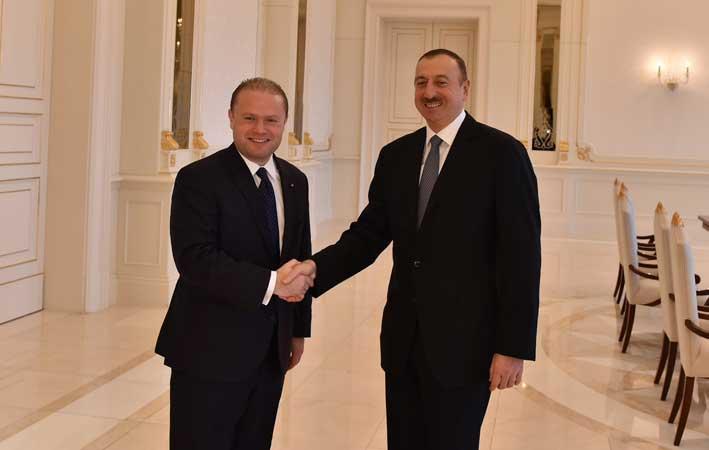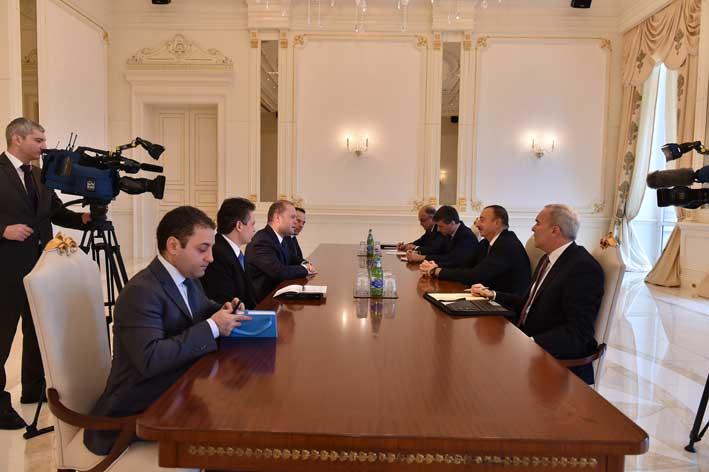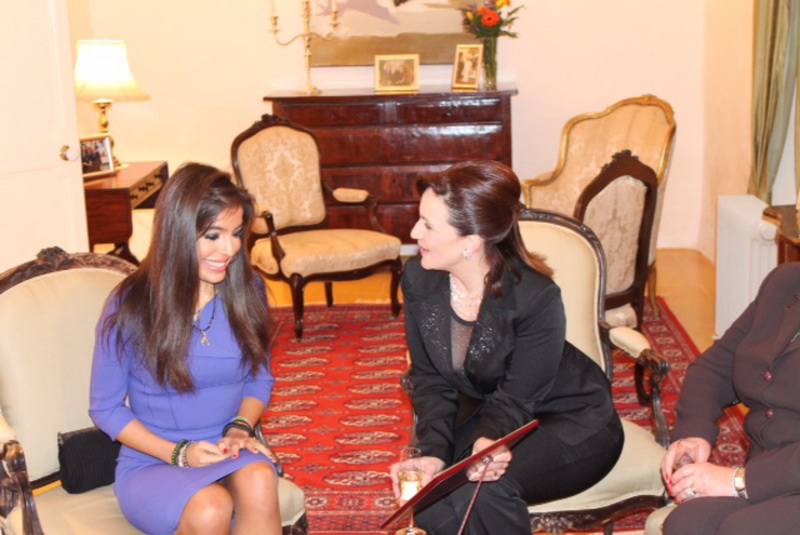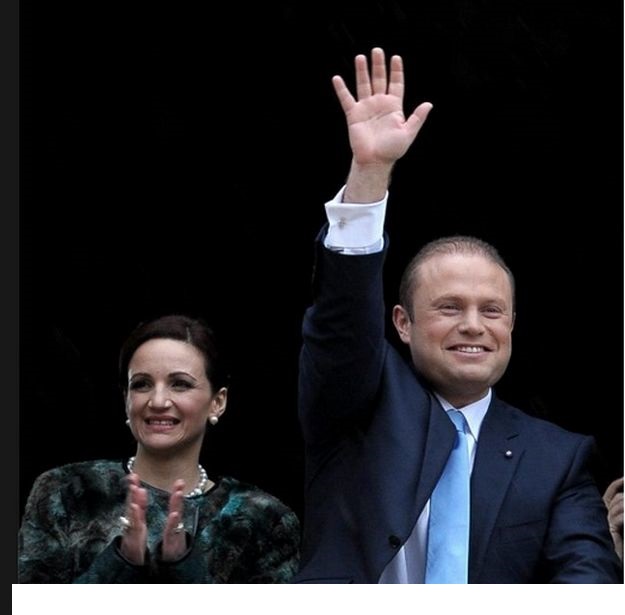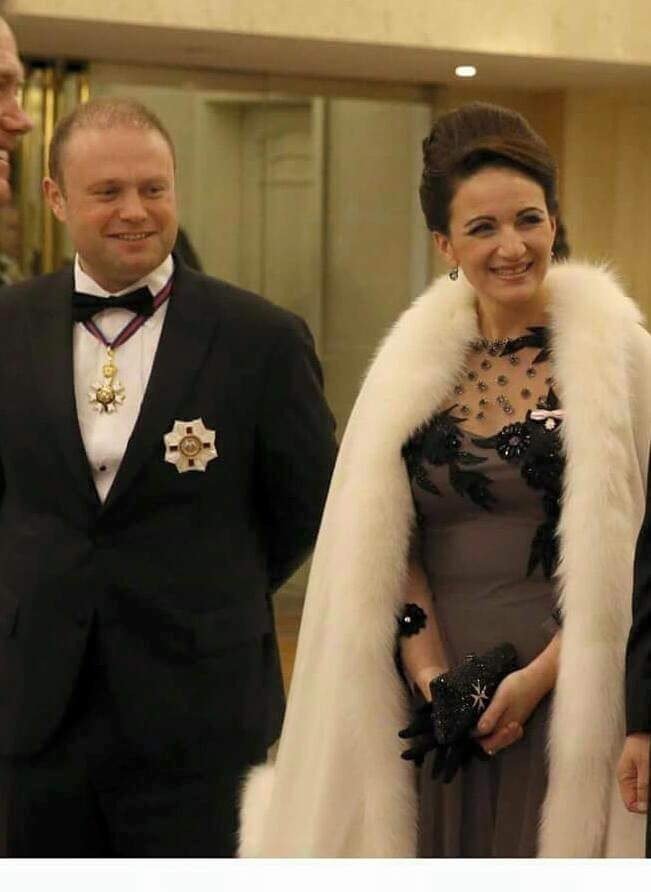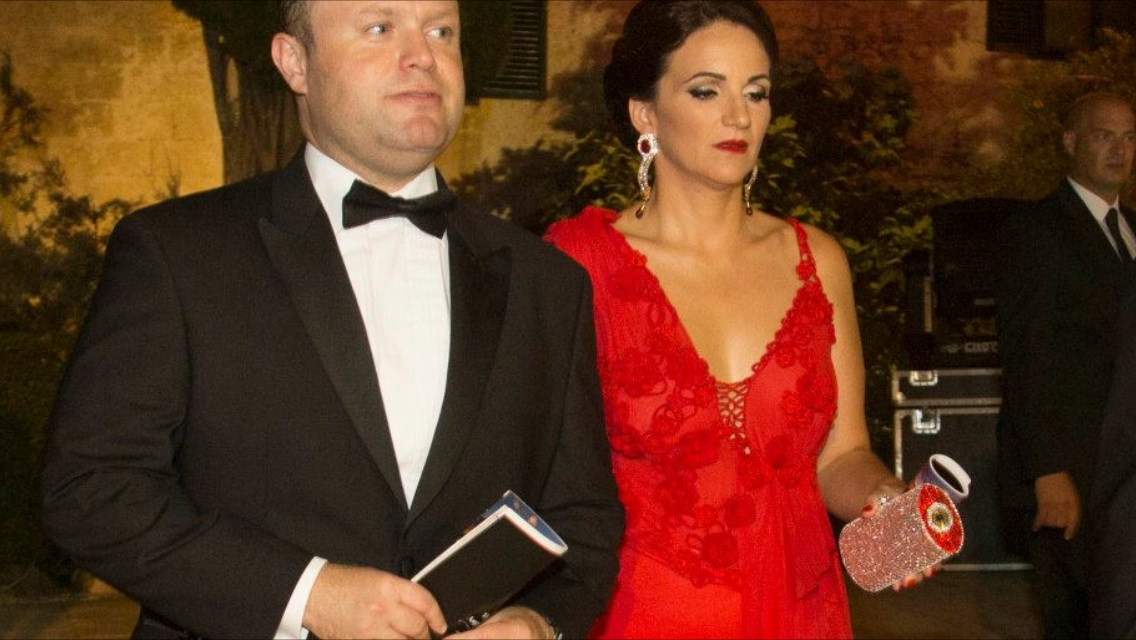GUEST POST: On June 3rd, we get to choose corruption or reject it. And the rest of Europe is watching.
This guest post is written by a Maltese fund manager working in Malta.
To say that the current situation in Malta is anything but ordinary is an understatement of some magnitude. I graduated in finance 12 years ago from the University of Malta and have worked in financial services since then. I saw the sector flourish, bringing prosperity and helping Malta to withstand the difficult situations which almost destroyed the economies of some other European Union member states.
At a personal level, financial services have been my bread and butter throughout these years, making it possible for me to build a home and family, and even – though this might sound strange – develop the key values of honesty and integrity. Honesty and integrity become more important when you work in financial services, and not less so.
There are hundreds of Maltese financial services practitioners who will tell you the same thing: that these are the very core values on which Malta’s reputation has been built painstakingly and carefully in this field since 1987. It has taken all these years for Malta to earn its place on the international financial services map. And since 2004, when Malta joined the European Union, it has made further significant inroads so that it now competes with global leaders like Luxembourg and Ireland.
But now the trust and reputation that Malta has achieved for financial services is on the cliff-edge. The scandals and revelations, particularly of the last 15 months – which have gone international because of the nature of the Panama Papers – are having tragic consequences for the country, which can only get worse. They will not go away if Labour, led by the perpetrators of these scandals, is re-elected to power. On the contrary, the situation can only get worse.
Right now, the perception from outside Malta is that the Maltese unwittingly voted for corrupt men whose corruption was revealed only by chance, that the electorate was hoodwinked. Now, with the corruption of those men on full view across the world, discussed and reported in the international media and in the European Parliament, if they are returned to power then the Maltese people and Maltese society will be indelibly branded as corrupt too. On June 3rd, we get to choose corruption or reject it, and the rest of Europe is watching.
Enough has been said about the scandals themselves. The media are full of reports, revelations, allegations and debates.
What I do know for certain is that the damage being done to financial services in Malta, which provides the livelihood for so many families, will be irreparable and ultimately irreversible if this trend continues and we allow these politicians to carry on doing what they are doing, and the rule of law to collapse even further.
This is not a partisan issue, but one of crucial national interest. What is the point of having the satisfaction of seeing your ‘Labour team’ back in power if the financial services sector crashes, bringing the rest of the economy down with it? Those who argue that they don’t mind the corruption as long as they have money in their pocket will be singing a different tune then. When corruption brings down the economy, it will do so for us all, no matter how we vote or which political party we support.
Accountability lies at the core of a properly functioning democracy. Nobody can contest that in a properly functioning democracy, with 15 months gone since the Panama revelations began to break, investigations would have been launched, evidence collated, the institutions done their job, the powers kept correctly separate, prosecutions would have been well under way, the prime minister would have sacked the culprits or been forced out himself, and the haemorrhage to the impacted sectors halted.
But that, as we all know, has not happened. It is the failure to act in the last 15 months, rather than the discovery of the Panama companies themselves, and the associated allegations of corruption, that has done the damage. People watching from the outside simply cannot believe that the status quo continues, with no police action, no resignations and worse, the prime minister defiantly protecting his men, leading to the obvious accusation that this is because he is in league with them. Seen from the outside, all this is simply incredible.
What is more worrying still is that there is no private or public acknowledgement from members of the government of the hideous impact all this has had, will have, on the financial services economy. The very people who are under accusation are still being allowed to carry on the practices upon which the accusations were based on in the first place. This is absolutely appalling.
Who has failed whom? Has the Prime Minister failed the country? Have the culprits failed the Prime Minister and the government? Have the Police failed the public?
And what about the institutions – have they failed us all? Who is ultimately responsible for safeguarding the rule of law and the democratic processes and foundations on which institutions are built?
But anyone who stops to really think about what has been reported – the sequence of events, the apparent coincidences, master plan, web of transactions, evidence, reactions, lack of concrete action – as well as the potential massive damage this could have on our everyday lives if we continue to add fuel to the fire, has got to reach some very obvious conclusions about who is in the wrong here, which party is covering things up and which party is uncovering them.
Intelligent people, decent people, are more than capable of telling right from wrong, of working out who is in the wrong here. If they don’t, it is not because they are unable to do so, but because they are unwilling to do so – either because they are clinging lovingly to some personal grudge which is dear to them, or because of misguided and misplaced loyalty to the partisan political sentiments with which they were raised.
If you were raised in a Labour-supporting family, then seeing the current people in government for what they are, and deciding to vote against them, can seem like a rejection of your parents and their values, of all that they stood for. This is a very difficult psychological step to take.
if your parents were decent, then the values of decency would have been more important to them than having the Labour Party in power come what may. That is what you have to hold on to: would your parents, fully apprised of all this corruption, have approved of it? Do you yourself approve of it?
Never has a general election in Malta been more about choosing a decent prime minister who respects the rule of law than it is now. We are faced with a stark, plain choice between a con artist and a true gentleman/statesman. That choice to me is very clear. Malta deserves so much better than government by crooks, than the raw deal it has had for the last four years.
There is no guarantee that the comfortable times we have enjoyed so far will last, so you have a duty to think about your fellow citizens who are less fortunate, of those who struggle to make ends meet. Choose in their best interest too, even if they themselves will be voting for Muscat because they find it difficult to understand the scale and impact of what he and his men have done.
No political party or party leader will ever be perfect or tick all the right boxes. Perfection is a luxury that we can’t afford to think about right now. This does not change the fact that Malta’s financial services sector is crucial for the Maltese economy to continue to prosper. And at this pivotal stage, we are no longer talking about its growth but about its survival.
This is not the time to place at further risk the survival of financial services, which for the last several years has been the real motor of the Maltese economy. We cannot allow it all to be jeopardised by the actions of the very few.
Without the rule of law, everything collapses, beginning with foreign direct investment. Institutions have got to be able to function properly. We need to restore faith in society and in ourselves, by making sure that the decent and the honest triumph over the avaricious and corrupt.
It is imperative now that we vote to give Malta back to its people and to give a clear sign to the outside world, to a waiting Europe, that no, we are not as corrupt as the people now running the country, that they are not the product of an intrinsically corrupt society by individuals who hijacked party, government and country for their personal benefit.
I want to live in a country where the news media are not manipulated, where journalists can do their job free from the threat of prosecution or worse, where people can express their opinion without fearing that they will pay a severe price for it one way or another, where knowledge and education are celebrated more than hairstyles and make-up, where everyone has a voice, where freedom of speech is respected, where fundamental rights are protected, where people are celebrated for their achievements or made to face justice for their crimes, where we are all treated equally irrespective of political beliefs, colour, religion or race.
It seems hackneyed to quote John F. Kennedy, a man who died long before I was born, in the current context. But the reason his famous words are so famous is that they continue to hold true: Ask not what your country can do for yo. Ask what you can do for your country.
Think carefully about the choice that lies ahead, and meanwhile, try to make your voice heard.
